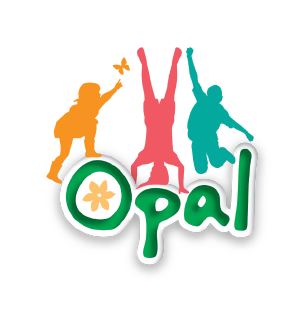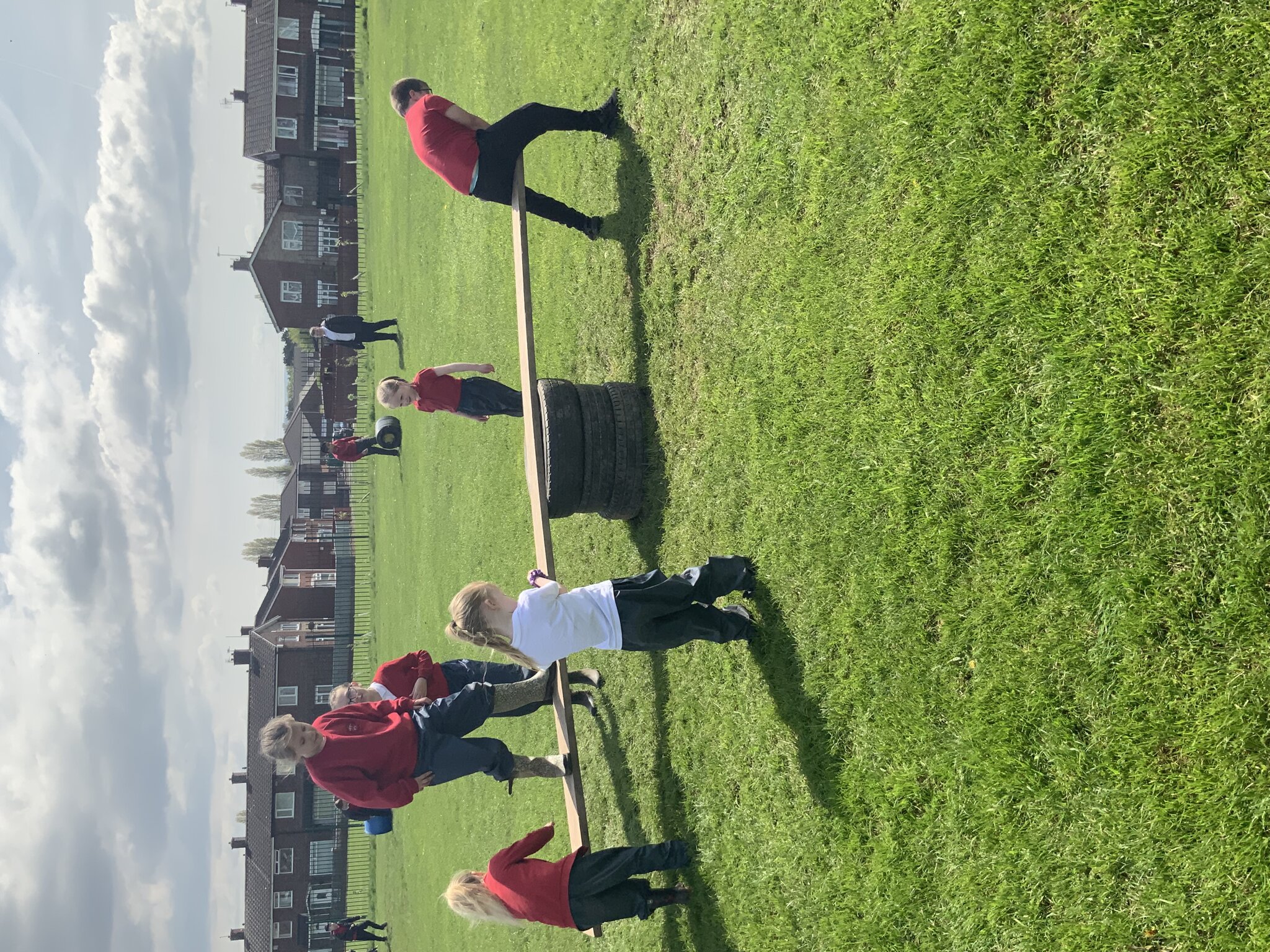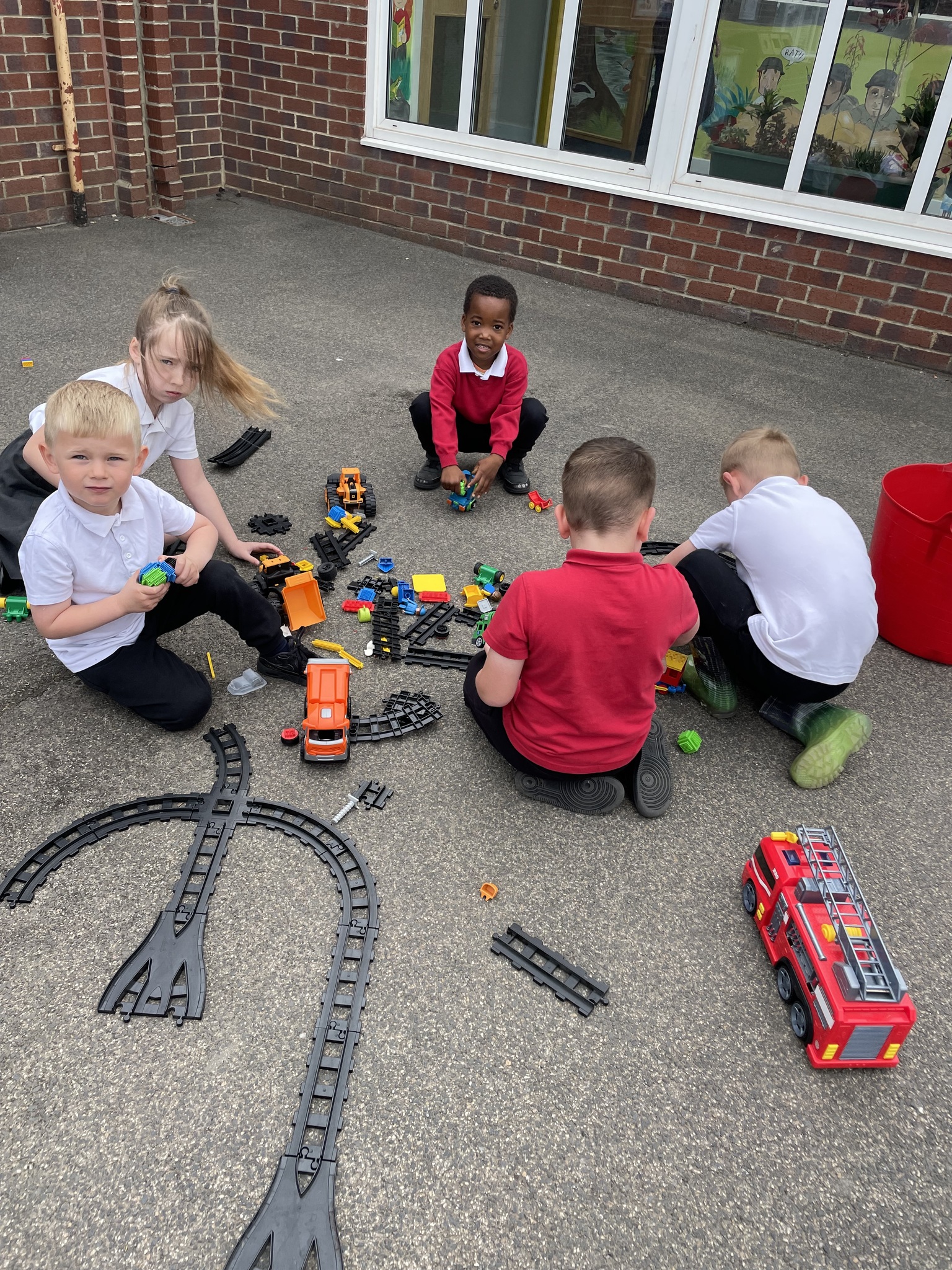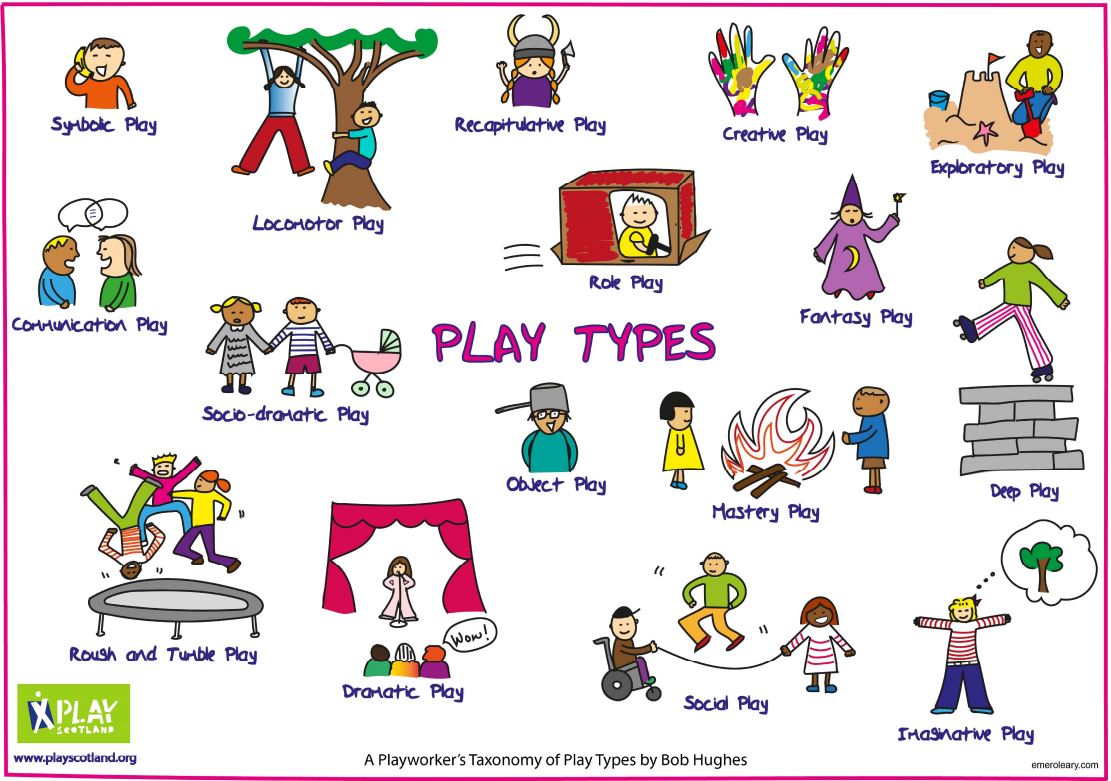 OPAL play
OPAL play 
We believe that all children need opportunities to play which allow them to explore, manipulate, experience and affect their environment. We are an OPAL school, we value Outdoor Play and Learning.
Rational
Our school believes that all children need opportunities to play which allow them to explore, manipulate, experience and affect their environment. The school acknowledges the UN Charter on the Rights of the Child, especially Article 31, and supports the child’s right to play. We believe play provision should be: Welcoming and accessible to every child, irrespective of gender, sexual orientation, economic or social circumstances, ethnic or cultural background or origin, or individual abilities.
The OPAL programme rationale is that “…better, more active and creative playtimes can mean happier and healthier children, and having happier, healthier, more active children usually results in a more positive attitude to learning in school, with more effective classroom lessons, less staff time spent resolving unnecessary behavioural problems, fewer playtime accidents, happier staff and a healthier attitude to life”.
The value of play
Play is defined as any freely chosen activity which a child finds satisfying and creative. It may or may not involve equipment or other people. We believe the learning opportunities of play include:
- Emotions e.g. learning about oneself and others, sadness/gladness, rejection/acceptance, frustration/achievement, boredom/fascination, fear/confidence.
- Social interactions - enhancing self-esteem and understanding of others through freely chosen interactions e.g. within peer groups, with individuals, with groups of different ages, abilities, interests, gender, ethnicity and culture.
- Making choices, problem solving, being creative,
- Playing with scrap materials, tyres and other multipurpose objects
- Achieving and also coping with failing,

- Communication and negotiation skill
Aims
The school aims to address the provision of improved play opportunities:
- To ensure play settings provide a varied, challenging and stimulating environment.
- To allow children to take risks and use a common-sense approach to these risks and their benefits.
- To provide opportunities for children to develop their relationships with each other.
- To enable children to develop respect for their surroundings and each other.
- To aid children’s physical, emotional, social, spiritual and intellectual development.
- To provide a range of environments which will encourage children to explore and play imaginatively.
- To provide a range of environments which will support children’s learning across the curriculum and learning about the world around them.
- To promote independence and team work within children.
- To build emotional and physical resilience.
Power of playtimes

Benefit and Risk
‘Play is great for children’s well-being and development. When planning and providing play opportunities, the goal is not to eliminate risk, but to weigh up the risks and benefits. No child will learn about risk if they are wrapped in cotton wool’ Managing Risk in Play Provision: Implementation guide is published for Play England2012.
The school will use the Health and Safety Executive guidance document ‘Children’s Play and Leisure – Promoting a Balanced Approach’ (September 2012) as the principle value statement informing its approach to managing risk in play.
It will adopt a benefits/risk approach as detailed in ‘Managing Risk in Play Provision’ Implementation Guide. Managing Risk in Play Provision Risk-taking is an essential feature of play provision, and of all environments in which children and young people legitimately spend time at play. Play provision aims to offer children and young people the chance to encounter acceptable risks as part of a stimulating, challenging and controlled learning environment.
In the words of the play sector publication Best Play, play provision should aim to ‘manage the balance between the need to offer risk and the need to keep children and Young people safe from harm’.
In additions to standard risk/benefit assessments the school will practice dynamic risk management with children encouraging them to identify and manage risks in an environment where adults are present to support them.
Supervision
The law requires that children in school have supervision but for primary school playtimes there are no stated ratios. During the school day there should be one or more adults present outdoors. The school recognizes OPAL’s three models of supervision Direct, Remote and Ranging.
Except for new children in reception the school does not believe direct supervision is possible or beneficial. Supervision will take remote and ranging models, so that children can quickly find an adult, and adults can patrol large sites to gain an awareness of the kinds of play and levels of risk likely to be emerging.
The Adults' Role in Play
Staff will use and refer to ‘The Principles of Playwork’ when appropriate interventions are needed, but ultimately will strive for facilitating an environment which nurtures self-directed play.
The play-worker's core function is to create an environment which will stimulate children's play and maximise their opportunities for a wide range of play experiences. A skilled and experienced play-worker is capable of enriching the child's play experience both in terms of the design and resources of the physical environment and in terms of the attitudes and culture fostered within the play setting. Play-workers are a channel of access to new materials and tools and they can act as a stimulus to children to explore and learn. They are available to participate in the play if invited.
Environment
We believe that a rich play setting should ensure that all children have access to a stimulating environments that are free from unacceptable risk and thereby offer the opportunity to explore both themselves, through their freely chosen play.
.jpg)
